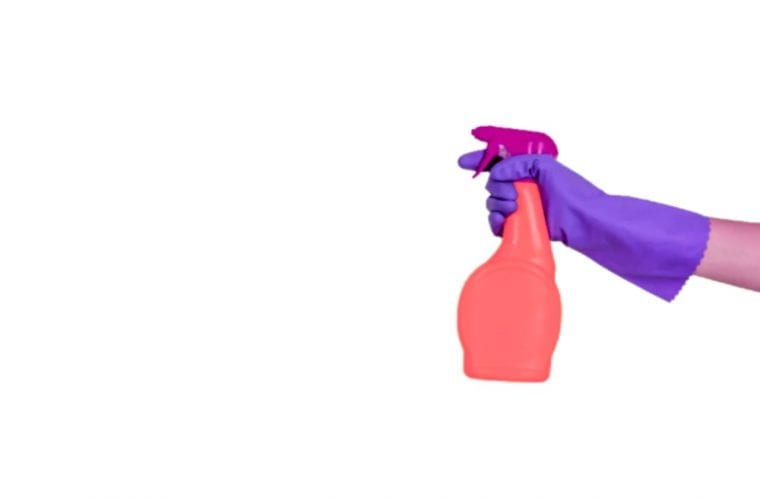Obsession is the fear of losing control and becoming obsessed with something or someone
Most people have some level of obsession and it has its benefits for some people. It can also be harmful to your well being if left unchecked.
The Types of Obsession in OCD is generally referred to as obsessions. They are often intrusive, unreasonable, and unpleasant thoughts, phobias, images, and ideas that cause excessive worry, stress, anxiety, or panic. The compulsions are usually self-serving and are done unconsciously by making the person feel guilty when they don't perform their ritual. When these rituals are performed, symptoms such as insomnia, irritability, nervousness, restlessness, irritability, fear, and nausea may occur.
Obsession is not always the result of a mental illness and can sometimes be just as dangerous. It is extremely dangerous for children to have these obsessions because they can lead to violence and suicidal thoughts. Obsession can also take hold of an adult and create problems with work, relationships, and social interactions.
The first step in identifying an obsession in OCD is to determine the symptoms and behaviors associated with it. Obsessions and compulsions are different but similar. In addition, if one type of obsession is present, it can become confused with another type. If you suspect that your child has an obsession then it is very important that you talk to your child about what they think they are doing.
There is no specific treatment for the obsessions, compulsions, or obsessions and compulsions of your child's life but it can be treated with medications and therapy. These treatments will help the family learn coping strategies so that the person with OCD can lead a more normal life and be productive.
A disorder called Obsessive Compulsive Disorder does not have to mean that your child has a mental illness or needs professional help. In fact, OCD is not a mental illness and it is a disorder that can be treated successfully without medication or therapy.

Obsessive Compulsive Disorder is a form of compulsive thinking that can be treated successfully with medication and therapy
Treatment involves learning to recognize the triggers so that you know when your child needs help and how to overcome the OCD.
When OCD begins to interfere with your daily life you should seek out help. You should seek out a therapist or psychiatrist to identify the source of the problem and find a treatment plan that suits your child's needs.
Obsessive Compulsive Disorder affects adults as well as children. Symptoms of Obsessive Compulsive Disorder include: obsession and compulsions, persistent worry over a certain thought, repeated rituals, fear of embarrassment or being embarrassed by an obsession, loss of control over behaviors, social withdrawal, and the inability to perform tasks.
Treatment for Obsessive Compulsive Disorder involves medication and therapy. Medications used in treatment include anti-anxiety drugs and anti-depressants. The medications are used to treat the physical symptoms of OCD while the patient is learning techniques to cope with his or her obsession.
Therapy can help the patient learn coping mechanisms and modify the plan of attack. to help them deal with the obsession. One of the common tools in therapy is cognitive behavioral therapy, which works on changing the person's thoughts, beliefs and behaviors that lead up to an obsession. the obsession.
Obsessive Compulsive Disorder is a serious condition and can have long-term consequences. The most common of the symptoms is the fear of embarrassment and social isolation. If a child experiences any of the following symptoms for at least six months then it may be time to contact your child's physician.
If your child continues to exhibit the above symptoms for an extended period of time then you should seek out professional help. If the behavior is not resolved then it may be necessary to have your child evaluated and get treatment.